Did you know that each year, passionate car owners spend north of $5 billion on car washing supplies? It’s a statement of fact that the automotive care segment has been one of the quickest growing over the past 20-years. And on top of the list of most popular selling items are the car washing soaps and shampoos used to clean vehicles.
No less than 20 years ago, car washing shampoos and soaps were virtually identical. They were designed with degreasing agents, with some added carnauba wax for better lubrication during the wash cycle.
Today – there are more than a half-dozen different grades of car shampoos – some formulated for specific applications, and others more ‘general’ in nature. With all these different automotive shampoos on the market, how do you pick the best one suited for your individual needs?
Unfortunately, this isn’t a black and white – yes or no question we can answer. To make an informed decision, it’s important to have all the details and facts. This is what we’ll endeavor to explore today.
In today’s blog, we’ll discuss the basics about car wash shampoos and soaps specifically formulated for washing your ride. We’ll explain the difference between auto soaps vs regular dish washing liquids, the different levels of car shampoos, and which type of shampoo is best suited for specific vehicles – or more importantly, the paint protection product applied.
What is the Job of Car Wash Shampoo?
Car washing supplies like shampoos are tools for accomplishing a desired result. In years past, the car washing shampoo or soap was designed for a single purpose – to remove dirt, debris, and other types of crud from your vehicle.

The level of cleanliness was a direct result of two factors:
- Your level of elbow grease input.
- The dilution ratio of your car wash soap. If you had really sticky stuff that needed to be removed, you just added more concentrated soap – and a bit more elbow grease.
Technology and consumer demand have complicated this significantly over the past 20 years. Today, car shampoos are developed for specific tasks, such as removing acidic and sticky bug guts, bird crap, and tree sap, to removing debris on a vehicle that is protected by a specific paint protection product.
Each car wash shampoo is now intended to perform a specific task for optimal results. While there are still some good 2-in-1 car shampoos on the market today, they’re not intended to be used on certain applications. But we’ll get to that point later.
A Brief History of Car Shampoos and Auto-Specific Soaps
Now let’s be clear, most car washing soaps and shampoos did not enter the consumer marketplace until the 1960’s. Folks like Johnson & Johnson, Turtle Wax, and others led the market in developing automotive-specific car shampoos. Most of these products were sold to service stations in five-gallon buckets for washing customer’s vehicles.

It wasn’t until the mid-1970’s that most local speed shops and auto parts stores began to stock consumer-grade car wash soaps. The main issue with these auto-specific car shampoos and soaps was affordability.
Most car lovers were more than happy to use a scoop of Tide laundry detergent with 5 gallons of water in a bucket. However, these type of household soaps (including dish washing soaps) played havoc on waxed paint, often leaving streaks or water spots.
Eventually, the automotive segment started to see special formulated wash and wax shampoos in what I refer to as the “Bandit” era – late 70’s early 80’s when Burt Reynolds and film producer Hal Needham pretty much owned the automotive culture.
This type of car soap or multipurpose wash and wax formulation stayed constant till 2010 or so, when more target-specific formulations started to hit the segment. In coincidence, this was about the same time when the eCommerce market started to explode.
What Stimulated the Growth of Task-Specific Car Shampoos and Soaps?
It’s not a coincidence that the automotive market started to see task specific auto shampoo formulations with the rise of eCommerce shopping. There were many industries that saw the benefit in expanding product offerings to cater to specific consumer need – or in this case, desires.
A great example is the Energy Drink segment. Initially, if you wanted an Energy Drink, it was going to be a Red Bull, Rockstar or Monster drink that pretty much tasted like cough syrup. At that point, consumers were looking for smaller, quicker, and more potent energy ‘drinks’ – which created the Energy Shot.
Fast forward a few years, and Energy Drink companies had dozens of flavor profiles, created low carb/low sugar, all-natural sweetened (thanks Stevia and Erythritol) – even hybrid formulations that customers can order easily online. This business concept is not unique to beverages. It’s spread through most consumer products that are sold mainly online.
By my last count, there were more than a dozen different types of car wash soaps that are target or task specific. Some of the leading types of “task specific” car wash shampoos include:
Surface Prep / Wax Stripping Shampoos
This is an alkaline enhanced degreaser – usually a pH level of 9 or 10, that is used to strip old wax, sealant, or deep contaminants from a vehicle surface. When used correctly, it provides detailers or auto enthusiasts with a clean surface to work their magic – applying a protectant upon.
Wash and Wax Formulations
This is the most popular type of car wash shampoo on the market today. It’s marketed as a 2-in-1 solution for washing a vehicle (removing dirt and debris), while leaving a small layer of wax on top of the vehicle surface.
Iron Removal / Wheel Cleaning Soaps
Most of these products are spray on cleaners, however, there are a few shampoos designed specifically for removing embedded brake dust and ferrous materials. This is typically a specialty product sold to detailers – as it’s a low pH level (acidic).
Super Foaming Car Shampoos
Super sudsy car shampoos started to find a home in the car culture about 5 years ago. Ironically, they became more popular with the introduction of the foam cannon or foam gun, or touchless washing techniques.

Now, there are a lot of benefits to a high-suds formula for effective car washing, mainly for added lubrication – which reduces the potential of scratching, while helping to lift dirt and contaminants from the surface.
Car Shampoos for Vinyl and PPF
Several larger PPF companies have begun to create soaps that are intended to clean vinyl or paint protection film. They are generally pH neutral formulas, that contain a synthetic wax or sealant that helps to protect the film or vinyl from sun exposure.
Car Shampoos with Infused “Ceramic”
To be blunt, this stuff is really skeptical as to source of the “ceramic” substance. SiO2 formulations bond by flashing when exposed to oxygen and a surface that is dry. There are some “ceramic coating” sprays that work by agitation with water.
However, in most cases, it’s a silicone-based substance – not silica. By definition, a silicone-based substance is inorganic in nature and classifies as a “Ceramic” substance, but it stretches that term loosely.
Maintenance Shampoos for Ceramic Coatings
While the car shampoos above are formulated to complete a specific job or enhance an attribute, a ceramic coating maintenance shampoo is specifically formulated to clean – and let the power of the ceramic coating stand on its own.
A high-quality car soap for ceramic coatings will be pH neutral shampoo – so it’s not harsh on coated surfaces. It will not contain any natural or synthetic waxes – as those ingredients will leave a “protective film” on top of surfaces like clear coating, glass, or plastic trim.
While it might seem positive to have wax on top of ceramic coating, it reduces the hydrophobic effects of the coating, causes dirt and dust to stick easier, and an increased potential for water spots. The only substance that can protect a ceramic coating is another SiO2-infused Boost Spray.

A maintenance soap for ceramic coating should be a high-sudsy formula. The added foaming agents help to provide more lubrication for the soap when you are washing it, which allows the wash mitt to glide over the coated surface and remove the dirt, debris, and other crap.
Is there a Difference Between Car Wash Soap and Car Wash Shampoo?
We get this question a lot from customers visiting our website and using the chat function. An automotive shampoo is a luxury or higher-quality line of a traditional car soap. Whether it’s to produce a superior washing experience, or a sensory overload, the car shampoo is elevated.
Adding custom colors and fragrances is a quick way to elevate a product from normal ‘soap’ to ‘shampoo’ level. There is something cool about washing your car and being able to see it, smell it, and use it.
Wrapping it Up
As you can see – not all car wash soaps and shampoos are alike. In fact, using the wrong type of car soap for the application can result in harming your vehicle, the paint protection coating or make it more susceptible to collecting dirt, debris, and other stuff.
In the next blog, we’ll talk about the different car shampoos out there – and provide a roadmap that will explain how to use them, when to use them, and the best methods to get the best results.

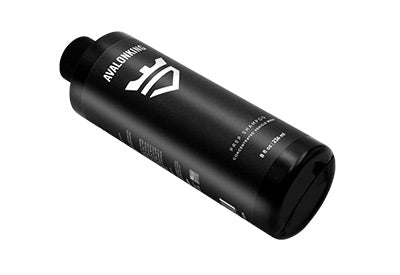
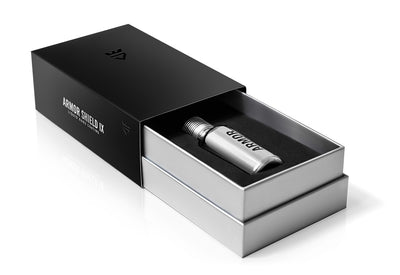
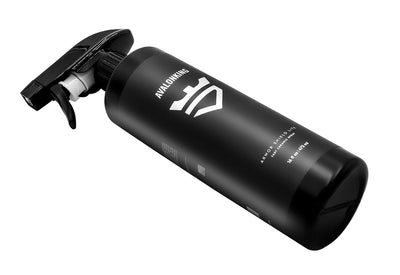
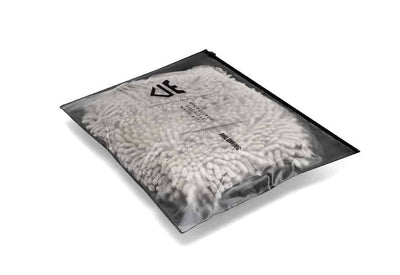
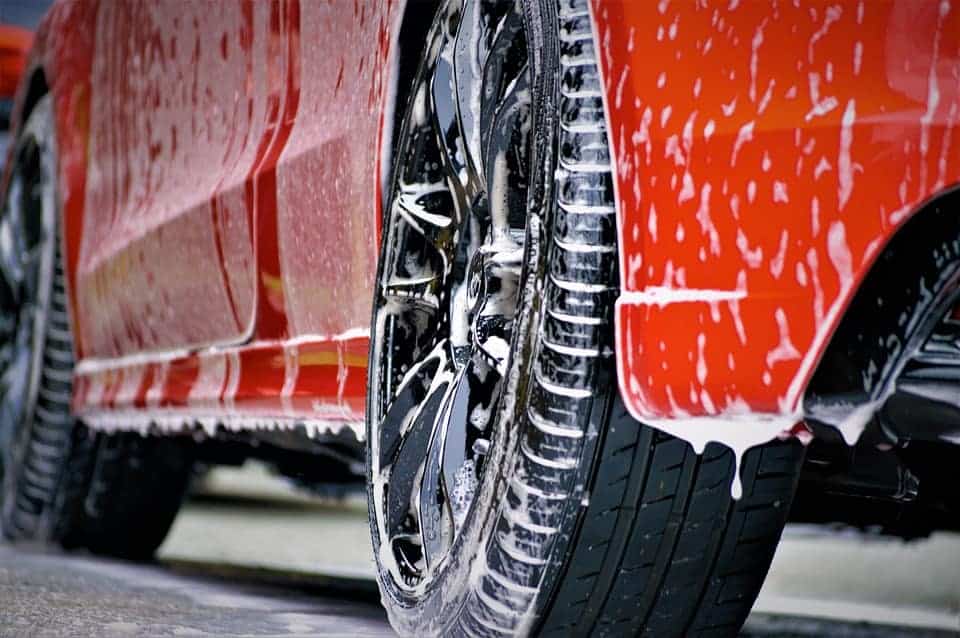
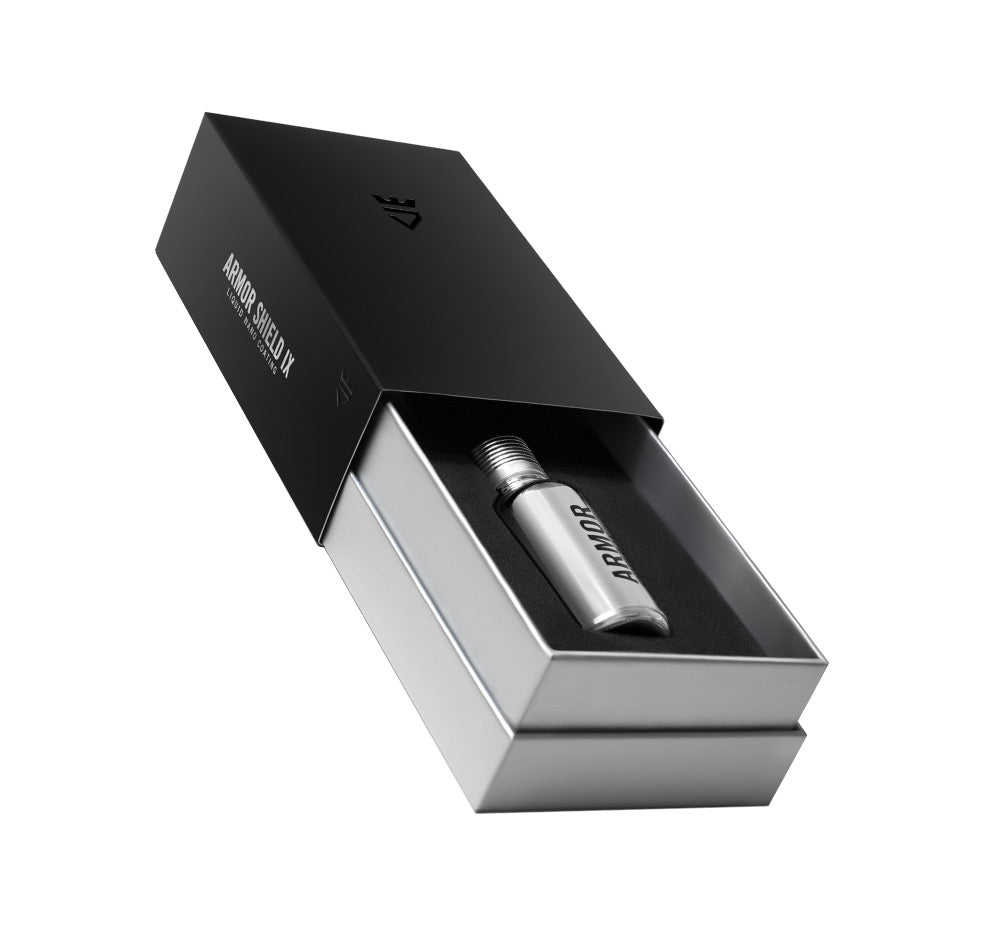
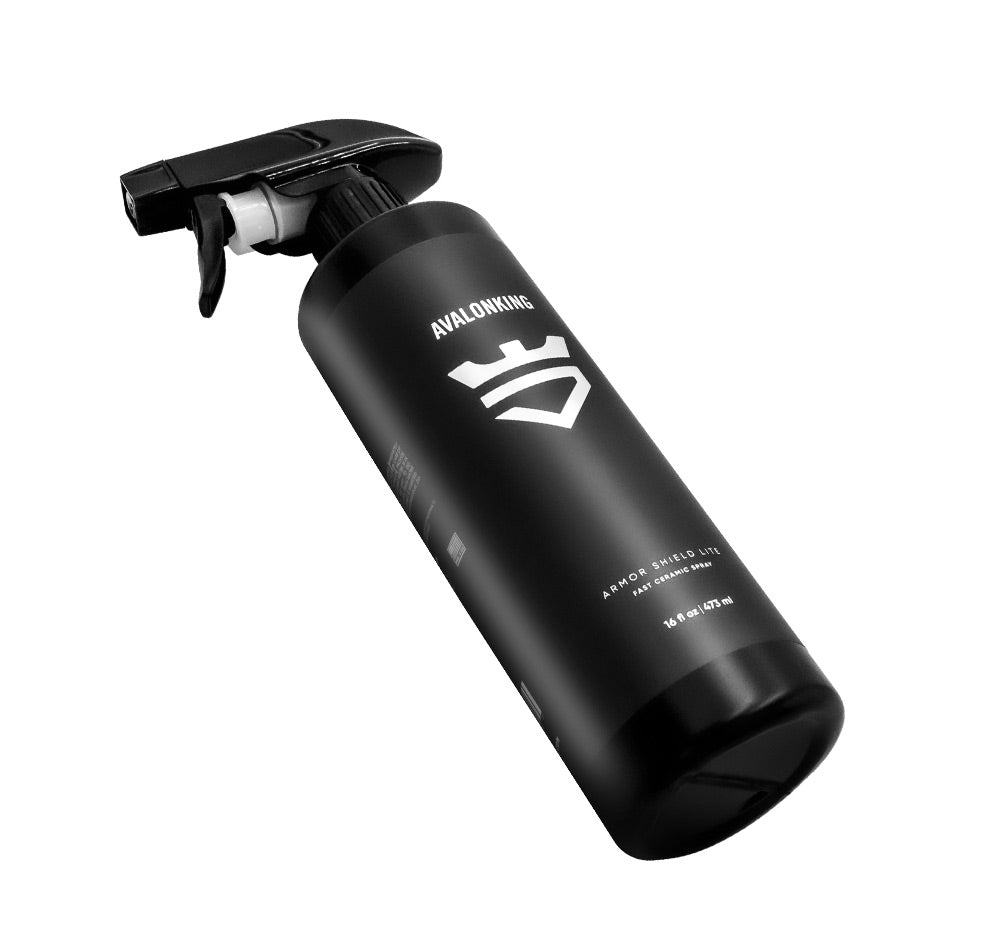
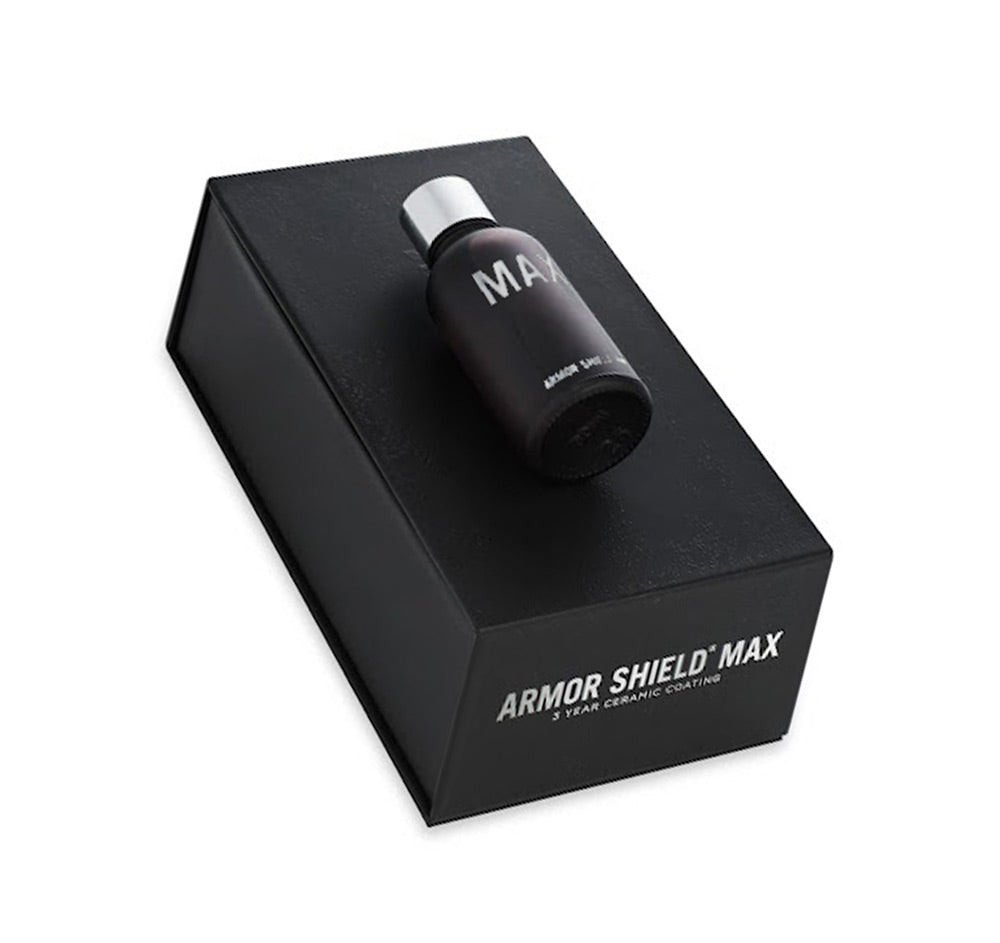
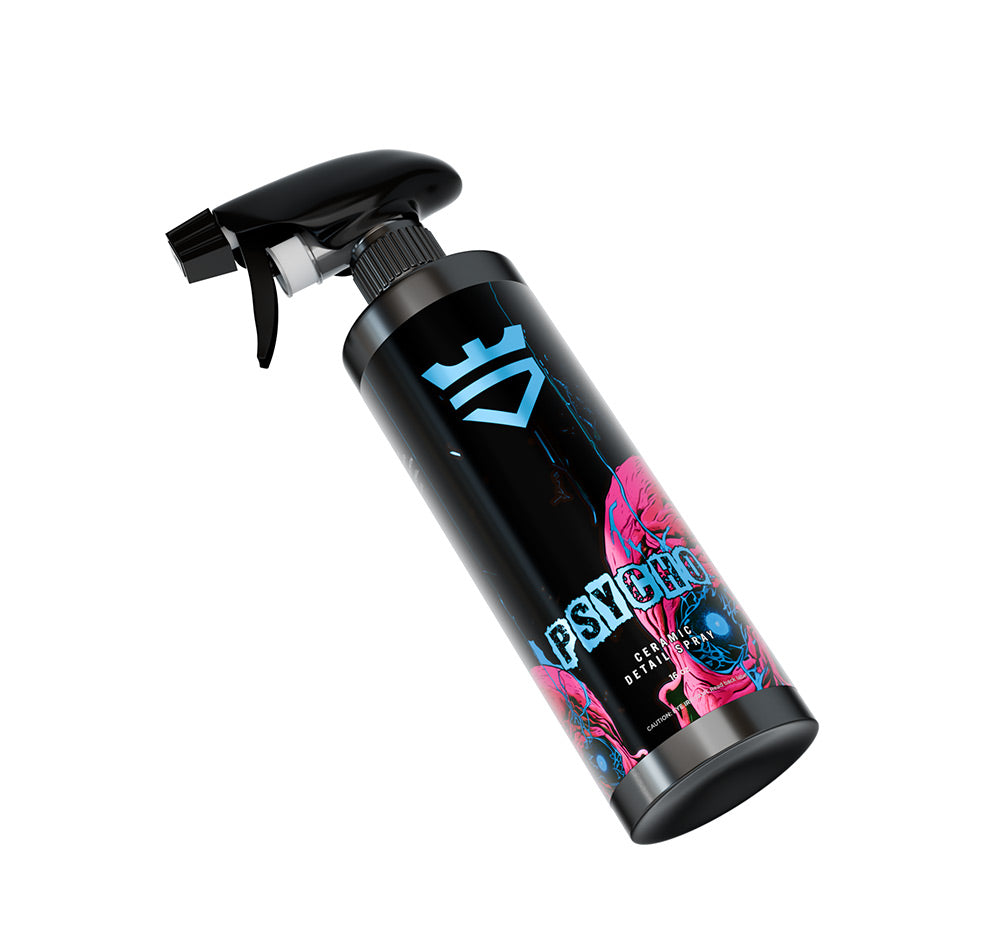
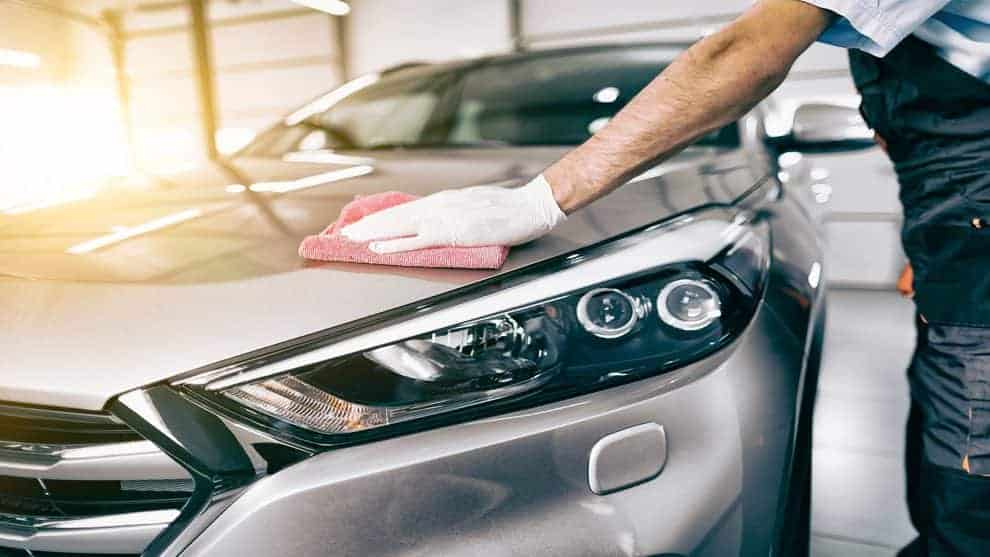
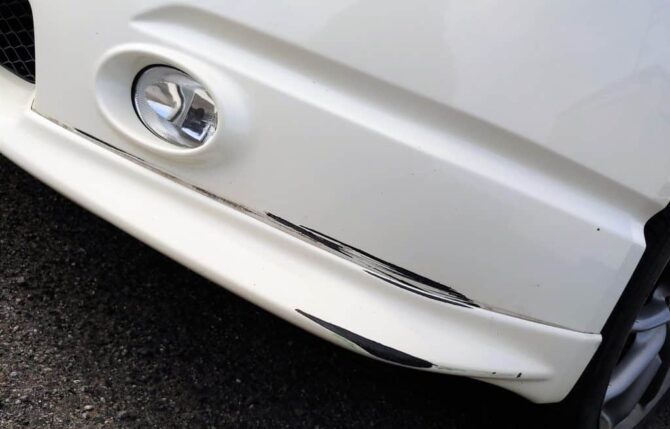

1 comment
Dave
This kind of information is really helpful, without being pushy about selling products. Thanks.
This kind of information is really helpful, without being pushy about selling products. Thanks.